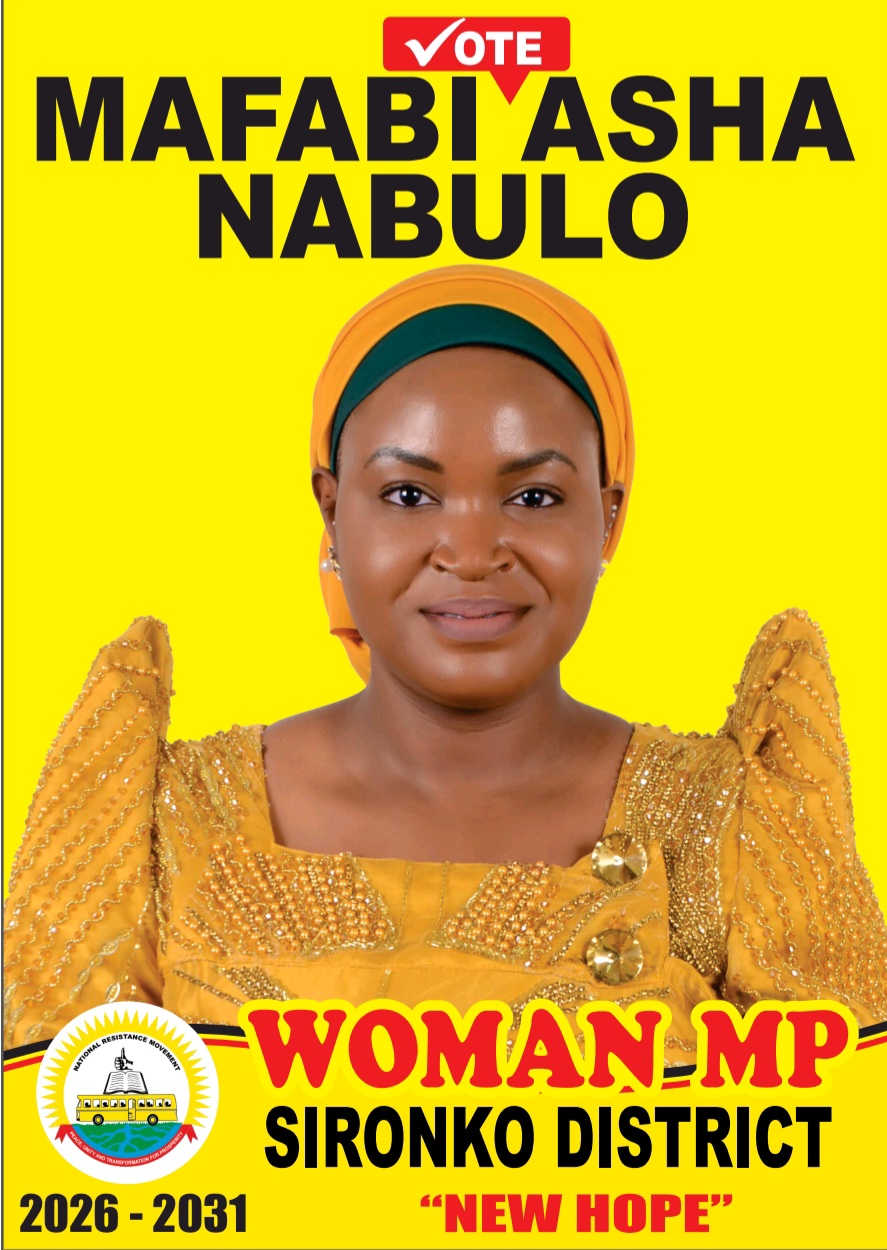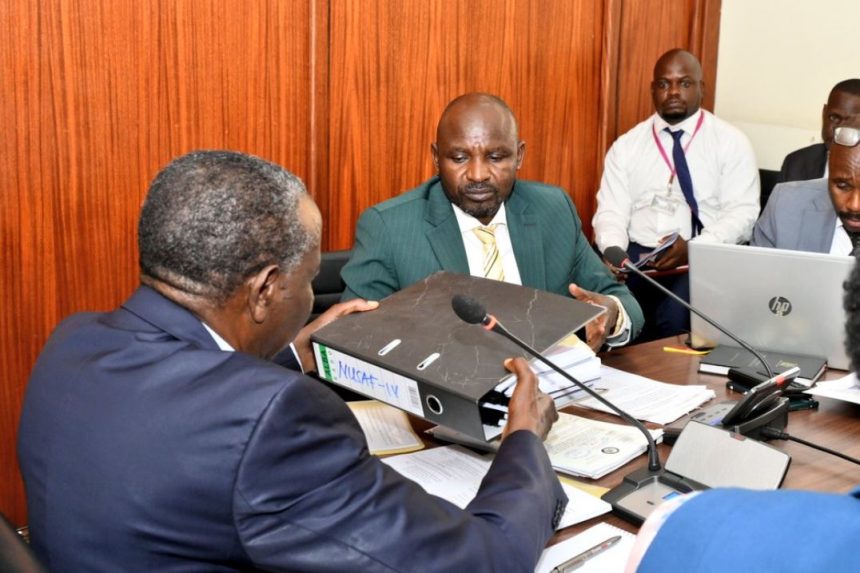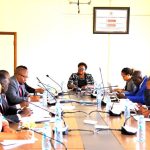Published on 16/10/2025
MP Charles Tebandeke’s attempt to protest the government’s growing appetite for loans amid Uganda’s ballooning public debt sparked mixed reactions from ruling party lawmakers, who dismissed his concerns as misplaced and hypocritical.
The exchange unfolded on Oc tober 15, 2025, during a session of Parliament’s Committee on National Economy, which met jointly with officials from the Ministries of Finance and Works and Transport to consider a US$20 million (UGX 69 billion) loan from the Arab Bank for Economic Development in Africa (BADEA) to fund the construction of the Nebbi–Goli Road.

Tebandeke accused the government of reckless borrowing, especially as the country edges toward the 2026 general elections. “We are borrowing as if Uganda is dying tomorrow,” Tebandeke said. “The debt ratios, interest payments, and loan performance do not match. Why is the Cabinet bringing a series of loans when Parliament barely has time for oversight? Why subject Ugandans to deeper debt for underperforming loans?”

His remarks came just weeks after the Ministry of Finance’s Annual Debt Statistical Bulletin and Public Debt Portfolio Analysis (June 2025) revealed that Uganda’s public debt had surged to UGX 116.2 trillion, up from UGX 89.6 trillion a year earlier, representing a 26.2% increase in a single year. Of this, UGX 55.9 trillion is external debt, while UGX 60.3 trillion is domestic.

However, Tebandeke’s protest drew criticism from Bugabula South MP Henry Kibalya, who argued that his colleague was misapplying parliamentary procedure. “The committee’s role is clear, either to approve or reject a loan, or file a minority report,” Kibalya said. “Raising a procedural matter that doesn’t apply here is wrong. If he disagrees, he should submit a minority report.”
Committee Chairperson Bosco Ikojo backed Kibalya, noting that Parliament had already endorsed the government’s borrowing plan under the UGX 72.38 trillion national budget for FY 2025/26, which includes UGX 32.07 trillion in loan financing—equivalent to 44.3% of the budget.
“We are not the approving committee; the whole House is,” Ikojo explained. “These loans are part of the financing for the budget that Parliament already passed. It’s not now that we can start rejecting them.”
Finance Minister Matia Kasaija told MPs that the Nebbi–Goli Road project will cost US$23 million, with BADEA providing US$20 million and the Government of Uganda contributing US$3 million as counterpart funding. The government’s share will cover land acquisition, audit fees, and contingencies.
The loan carries a 2.5% annual interest rate and will be repaid over 20 years, including a five-year grace period, terms which Isingiro South MP Alex Byarugaba described as “favourable and transparent.”
“I wish all our loans came with such clarity and friendly terms,” Byarugaba said. “This project is straightforward and beneficial.”
Defending the borrowing, Minister Kasaija said the project would bolster infrastructure, cross-border trade, and regional integration by improving transport connectivity between Nebbi town and the Goli border post with the Democratic Republic of Congo (DRC).
“The current Nebbi–Goli road is in poor condition, leading to high transport costs and reduced trade,” Kasaija noted. “The new all-weather road will ease access to North-Western Uganda and strengthen economic links with the DRC.”






